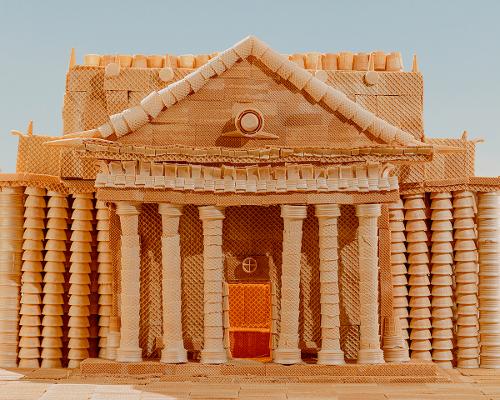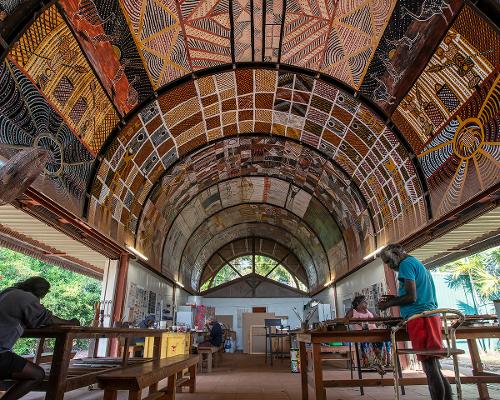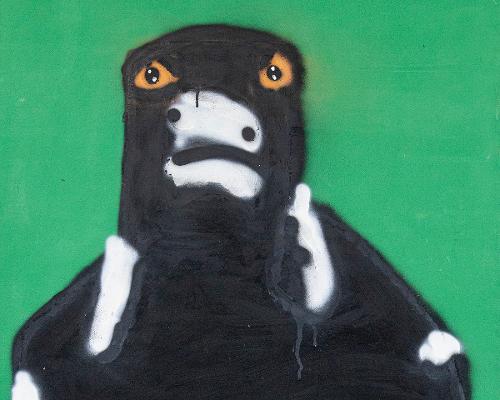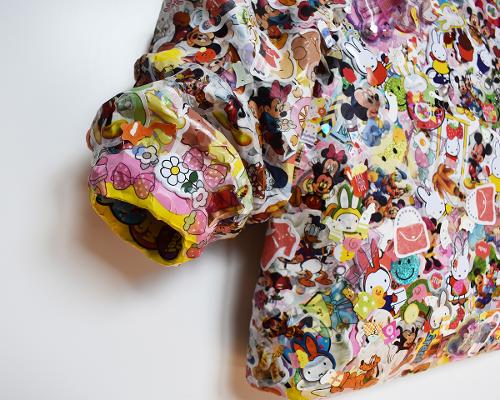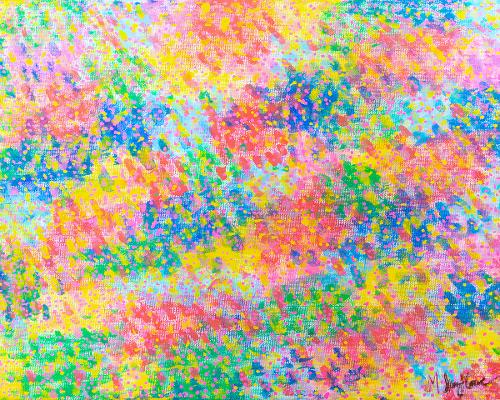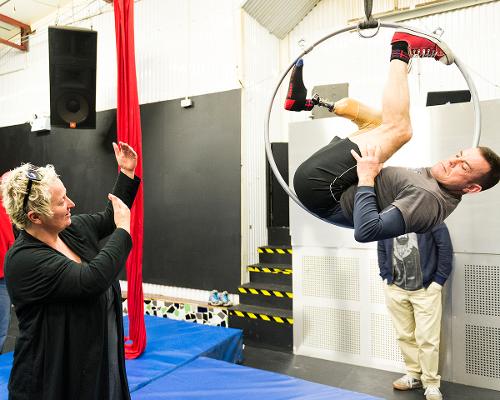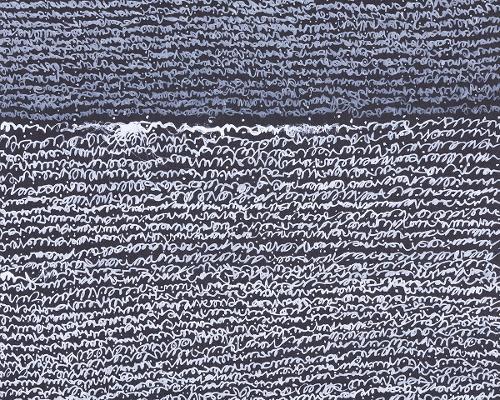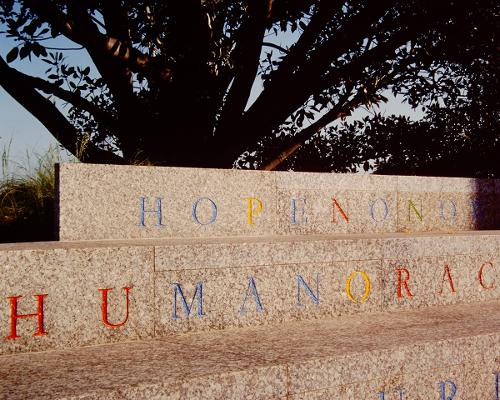Search
You searched for contributors, issues and articles tagged with Access ...
Contributors
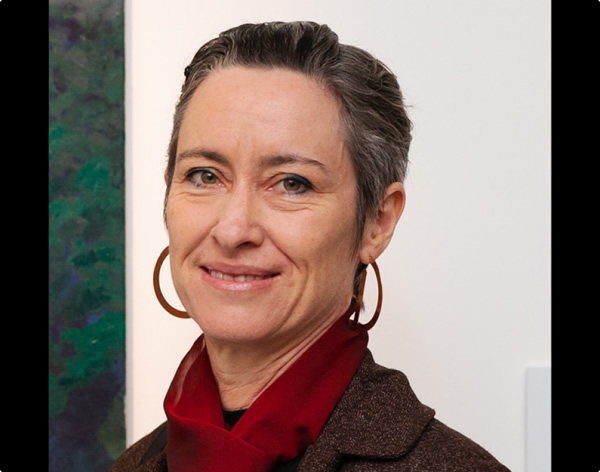
Issues
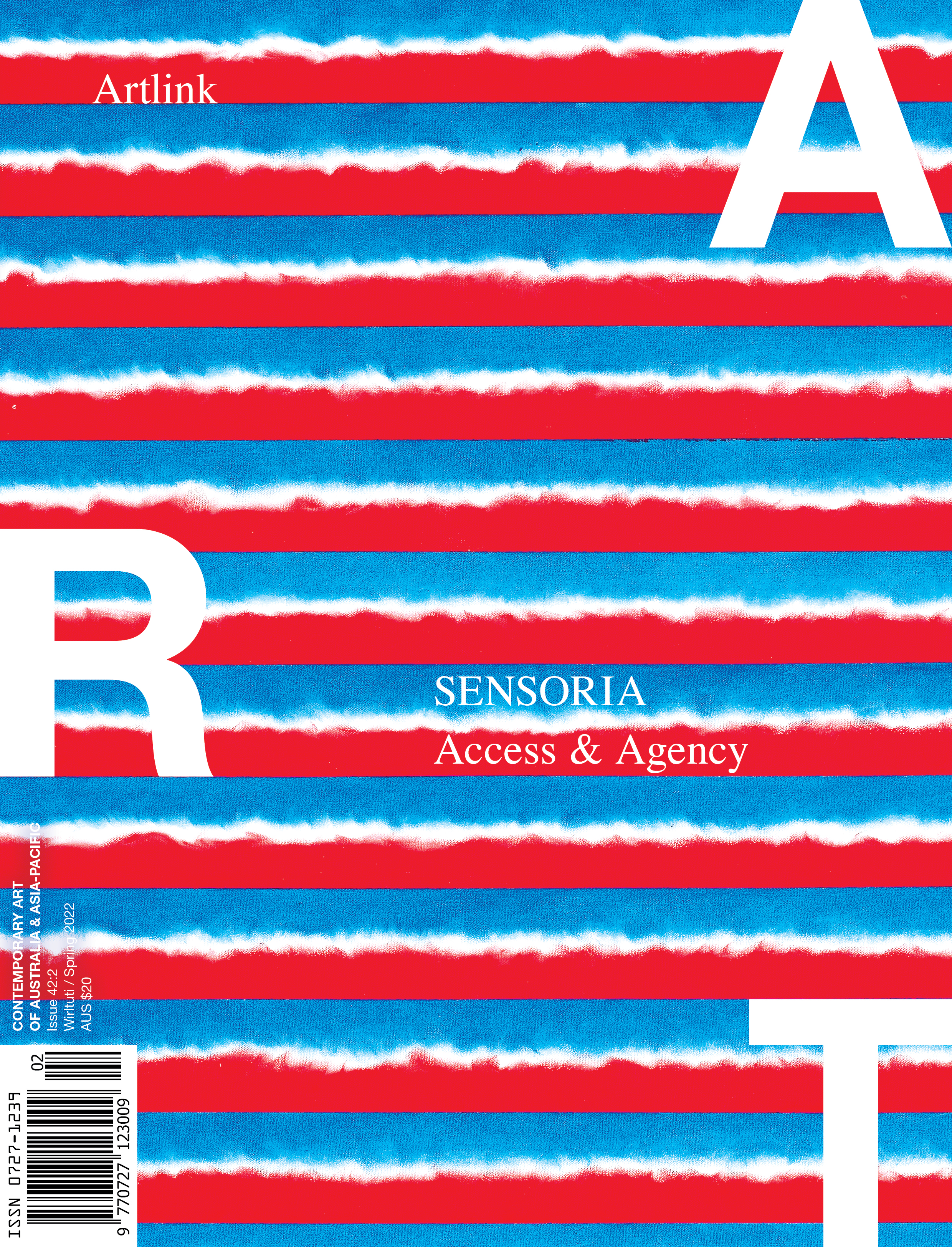
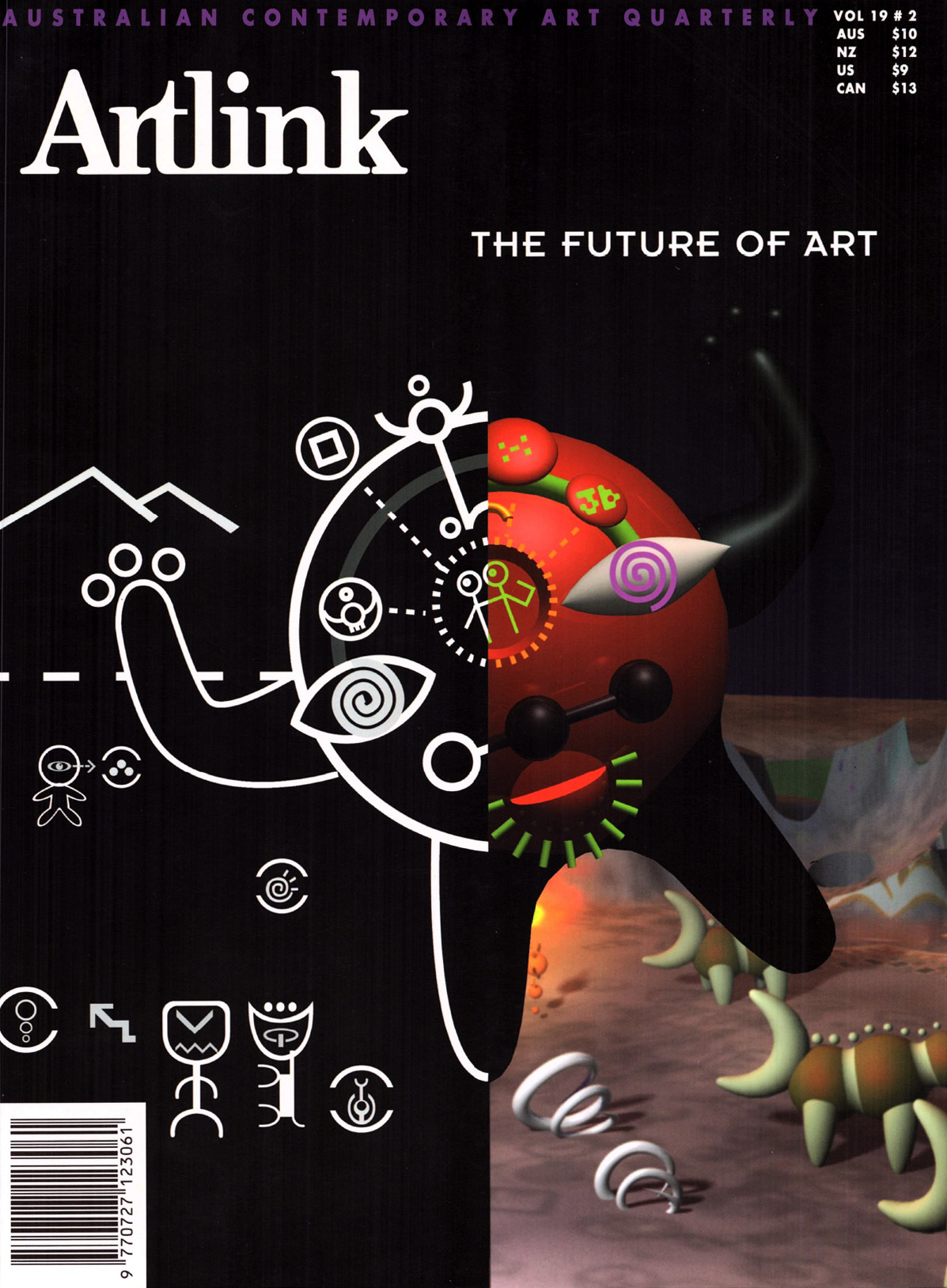
Articles

All struggles are essentially power struggles. Who will rule, who will lead, who will define, refine, confine, design, who will dominate. – Octavia E. Butler. Some struggles are invisible simply because a single word is missing from public discussion. I find that this is particularly the case with words that carry life-giving concepts and that challenge social hierarchies. Their absence can give clues to who might be excluded and what is considered of less value within a given society. One such word is ‘neurodiversity’, and it is missing from exhibition records within some of Aotearoa New Zealand’s leading public art galleries.

In a sparse gallery space, a detached hydraulic door closer lies splayed on a white panel. This unassuming readymade by Belgian artist Steve Van den Bosch provides a subtle topographical deviation on the dull cement floor. Titled Assistant (2021), the closer was relocated from the gallery director’s office for the duration of Round About or Inside (30 September 2021 – 20 November 2021) at Griffith University Art Museum, Brisbane. Appropriately placed on the ground—the anti-art/anti-functional gesture par excellence—the artwork suffices as a miniature monument to technologies of access, reflecting on how we move through spaces and what mechanisms exist to ensure our safe and comfortable journey, to welcome us, or to deny us entry.


